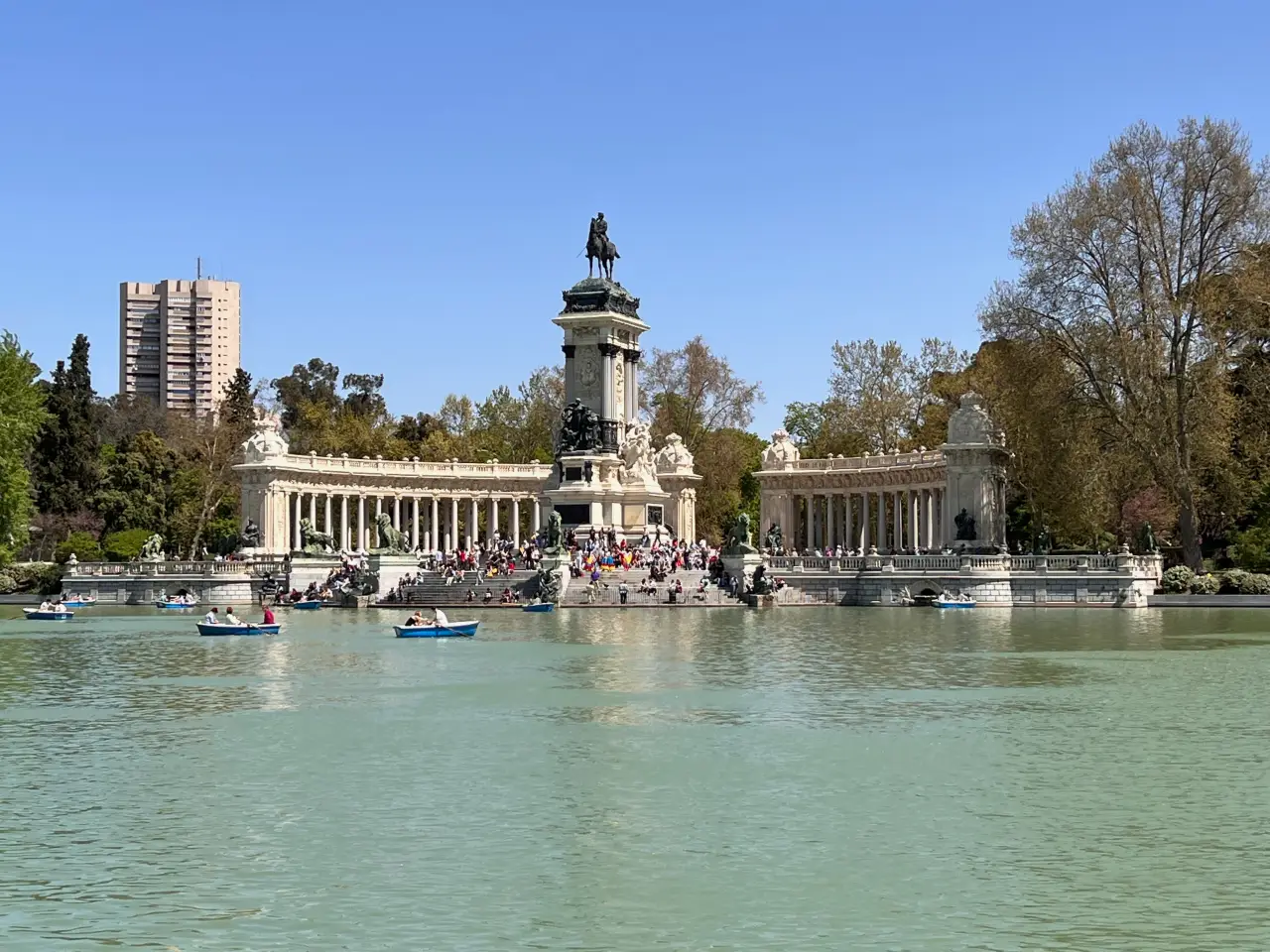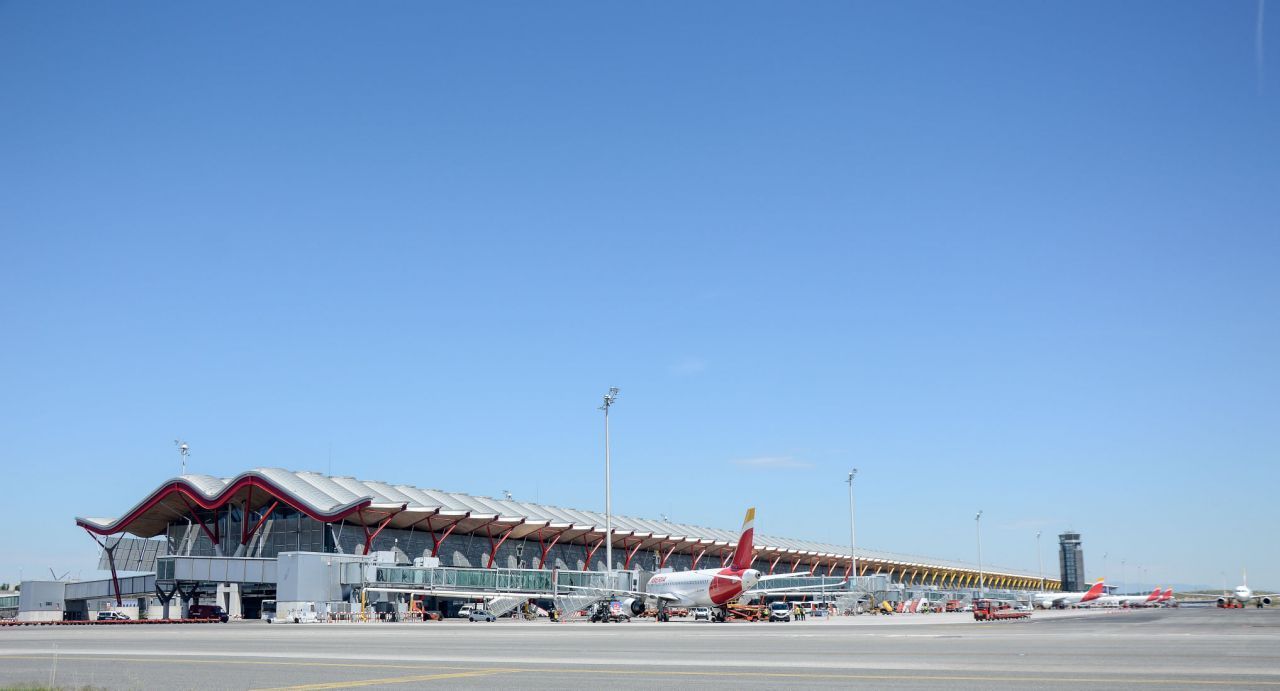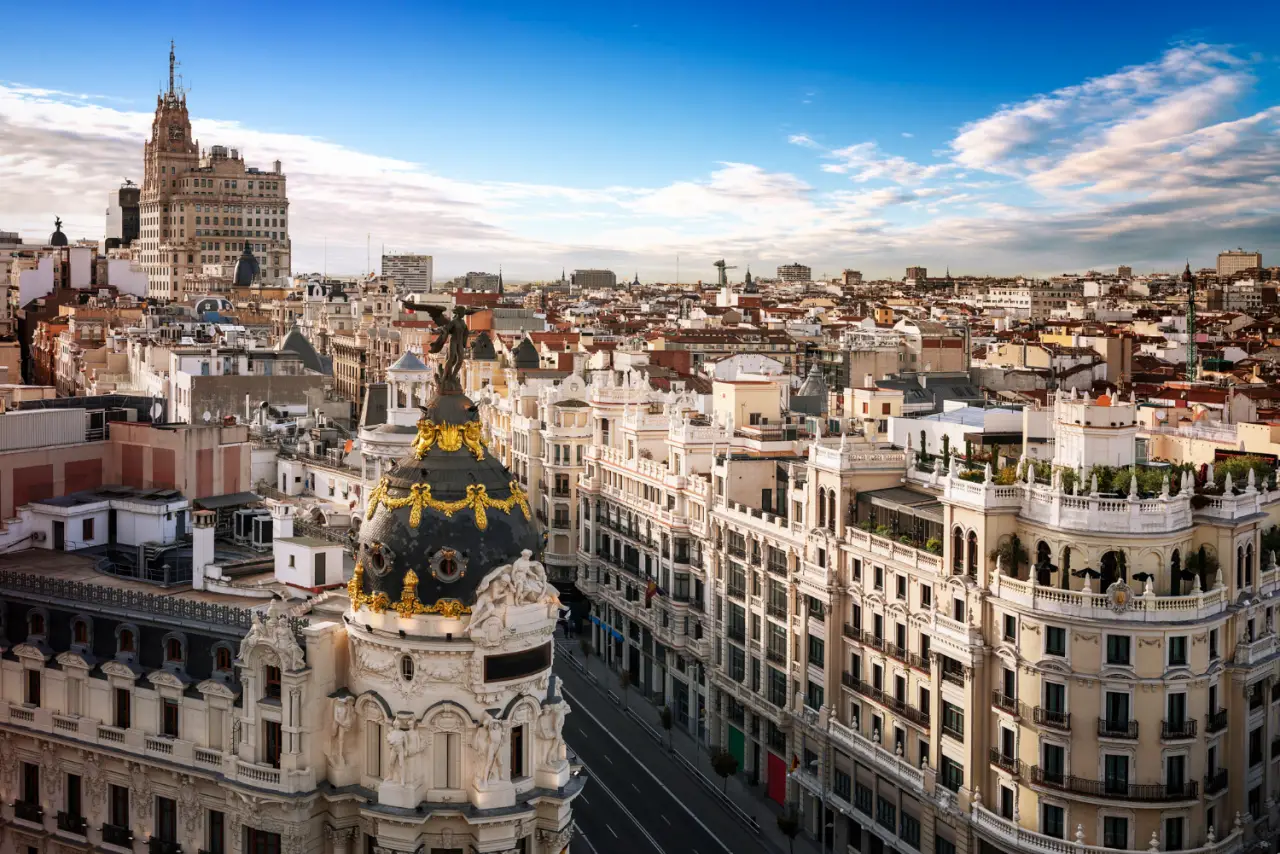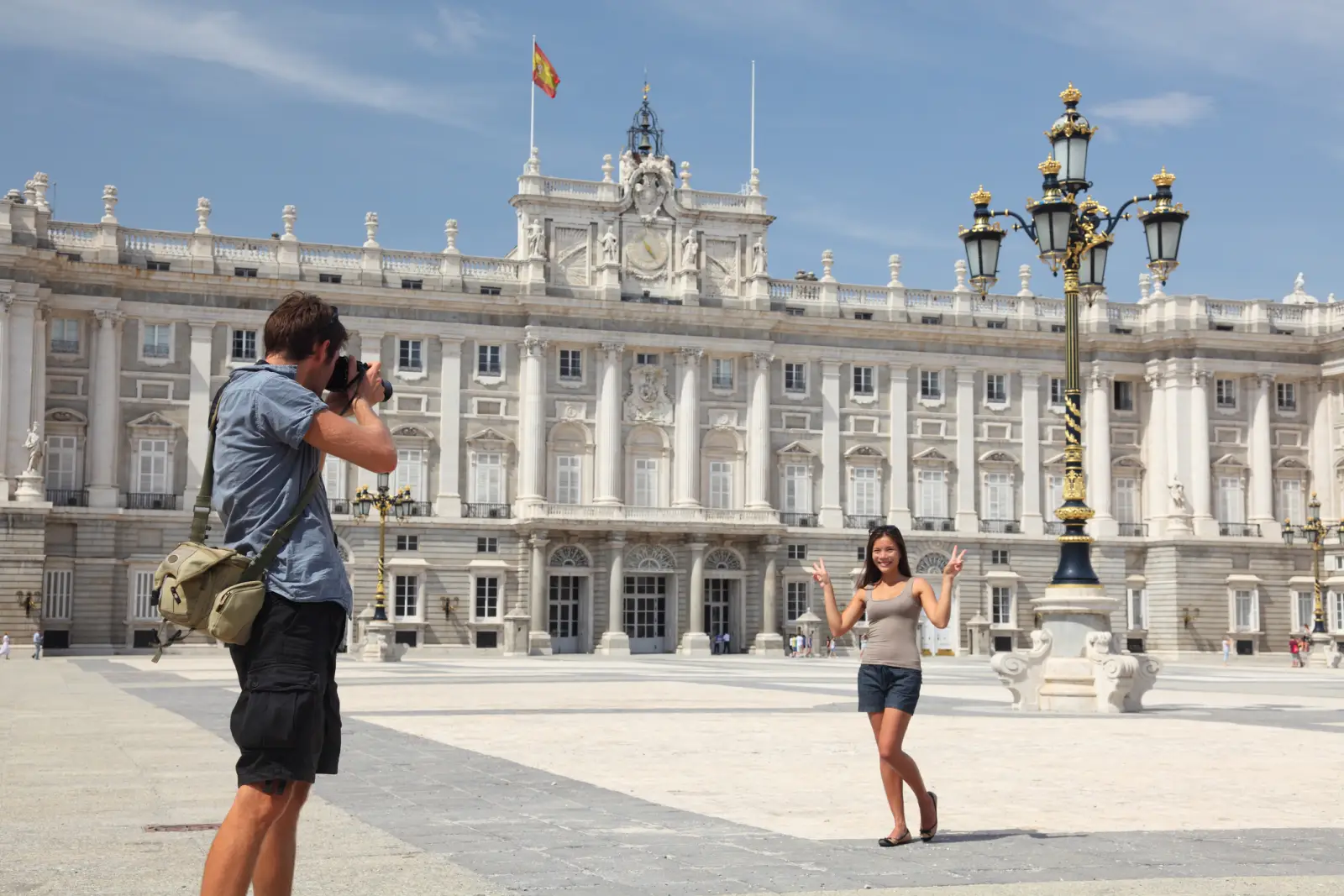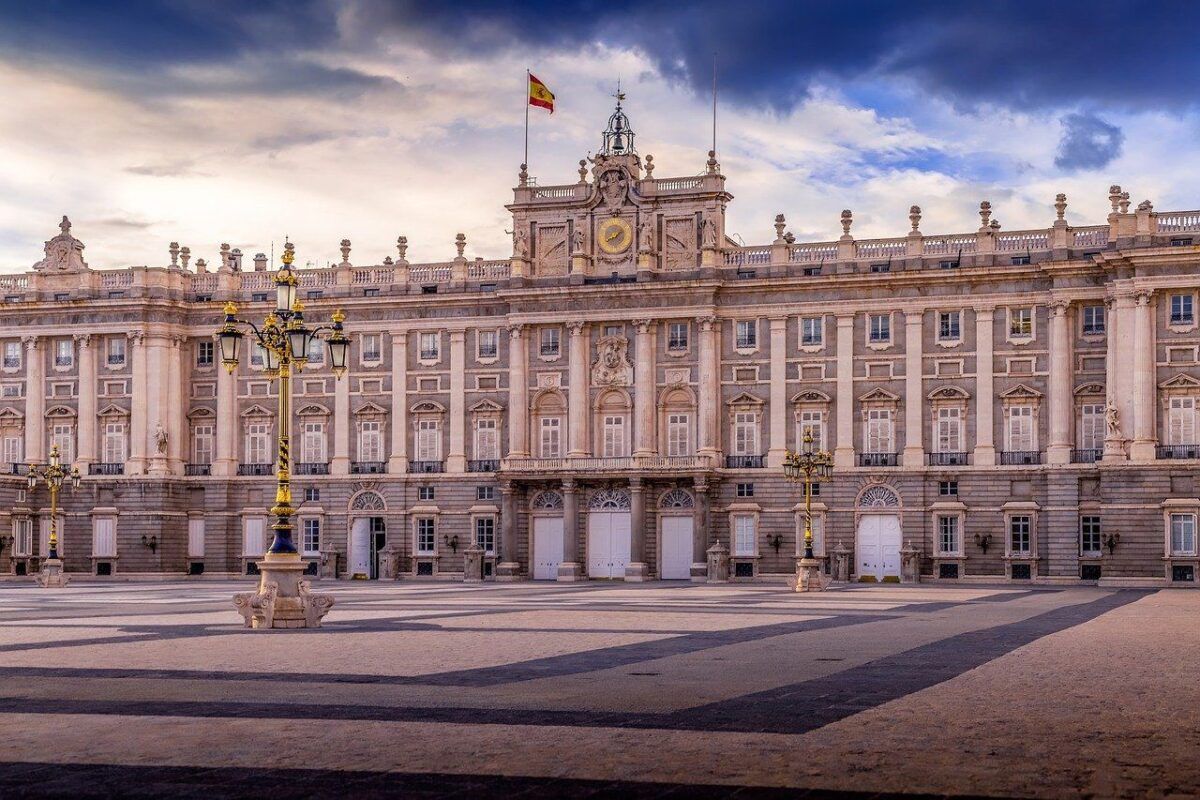Tourist tax in Madrid is one of several bold proposals unveiled by the Madrid Business Forum as part of a sweeping vision to transform the city by 2040.
With ten major projects on the table, the association hopes to turn Madrid into a more competitive, innovative, and socially cohesive destination over the next 15 years.
A New Financial Tool for Tourism
Among the most debated proposals is the introduction of a so-called “Cervantes Tax”—a €2 fee per visitor to generate funding for tourism services, heritage preservation, and city enhancements. The Forum estimates that with 21 million overnight stays, this small fee could yield €44 million annually. President Hilario Alfaro points to cities like Paris and Barcelona that already use similar models, adding that the tax would typically be added to accommodation bills without burdening travelers.
Supporters of the plan argue that the tourist tax could help fund critical improvements that enhance visitor experiences while preserving Madrid’s cultural identity. These include beautification projects, infrastructure updates, and expanded promotional efforts that currently lack sufficient public funding.
Rethinking Madrid’s Infrastructure
The Forum isn’t stopping at tourism. Another headline-grabbing idea is the construction of a second airport in the Community of Madrid. With Barajas Airport nearing its limits, particularly in terms of runway capacity, Alfaro insists that action must be taken soon. “Madrid could die of success,” he warns, citing the growing pressure on transport systems as international tourism rebounds.
The group also wants faster rail connectivity between Madrid and Lisbon before 2030. Currently, 46 daily flights link the two capitals. Replacing many of those with high-speed trains would significantly reduce carbon emissions and connect the Mediterranean and Atlantic corridors more efficiently—an especially relevant goal ahead of the 2030 World Cup, which Spain will help host.
Culture, Industry, and the Olympic Dream
Madrid’s business leaders are also setting their sights on the 2040 Olympic Games. They believe that a successful bid could elevate Madrid’s global reputation and attract investment, tourism, and jobs. But they stress that the city must act now to prepare. This includes revitalizing key venues like the long-closed Castellana Conference Center and ensuring IFEMA, the city’s exhibition hub, remains focused on professional trade rather than entertainment alone.
Alfaro and his team are also calling for the return of a dedicated Ministry of Industry, Innovation, and Technology. They argue that revitalizing abandoned industrial areas and attracting global investment is essential to making Madrid economically resilient in a post-pandemic world.
Decentralizing Tourism with Giant Ideas
One of the more unexpected suggestions involves installing a 261-meter Ferris wheel in Enrique Tierno Galván Park. The structure would surpass the London Eye and Ain Dubai, making it the tallest in the world. The Forum says this landmark attraction could revitalize Madrid’s underserved southern neighborhoods, creating jobs and boosting local businesses. They project around 500 new jobs and a strong draw for tourists seeking new experiences outside the city center.
By shifting attention away from the over-visited core of Madrid and into new cultural and leisure zones, the Forum hopes to ease pressure on central areas while fostering a more balanced tourism economy. Whether the City Council embraces the idea remains to be seen, but Alfaro emphasizes the urgency: “Otherwise, someone else will take it.”
Additional proposals include a housing plan for young people, a system to track workplace absenteeism, and ongoing support for the capital’s first pediatric palliative care center, already under construction. According to a report by 20minutos, these ten initiatives are meant to position Madrid ahead of other major Spanish and European cities by the next decade.

